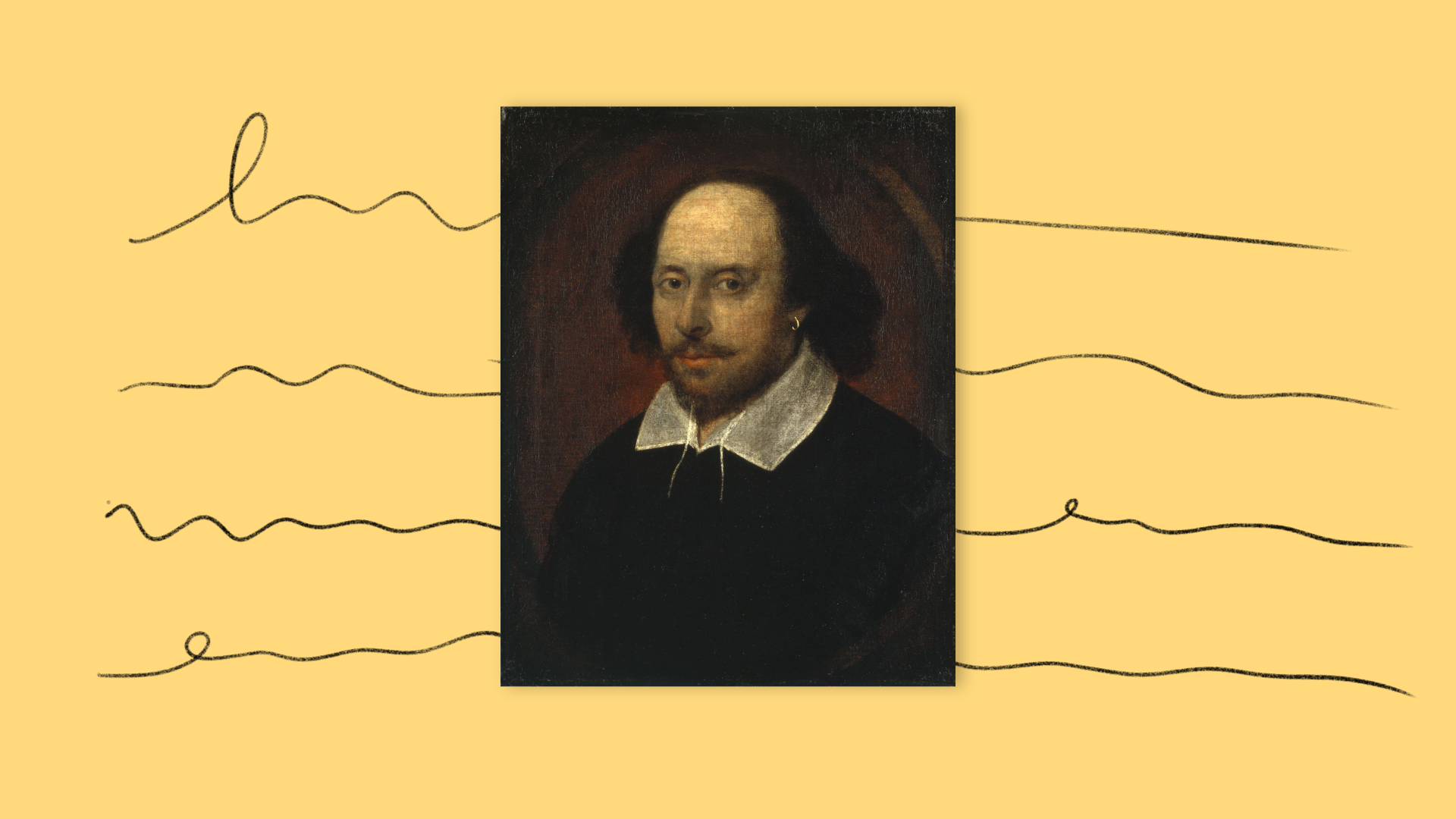Word of the Day
[in-vet-er-it ]
Meaning and examplesStart each day with the Word of the Day in your inbox!
By clicking "Sign Up", you are accepting Dictionary.com Terms & Conditions and Privacy Policies.
Today
Fare ye well
The Bard Made Them Cool: Common Words Popularized by Shakespeare
It's Talk Like Shakespeare Day, and we've got a few terms you can sprinkle throughout your speech today. The list may surprise you! Read more.
Advertisement
Games
Calling all cruciverbalists! Sharpen your mind with crosswords and word games, or take a brain break with your favorite classic games.
Play 80+ gamesAdvertisement
Featured
Write smarter
Informal vs. Formal Writing: What’s The Difference?Agree to disagree!
18 Synonyms For “Argue” Worth Bandying AboutTrending
Advertisement
Newsletter

Salutations, logophile!
Sign up to get everything a word lover could want: word origins, fun facts, and the latest language trends.
By clicking "Sign Up", you are accepting Dictionary.com Terms & Conditions and Privacy Policies.
Advertisement
Browse



